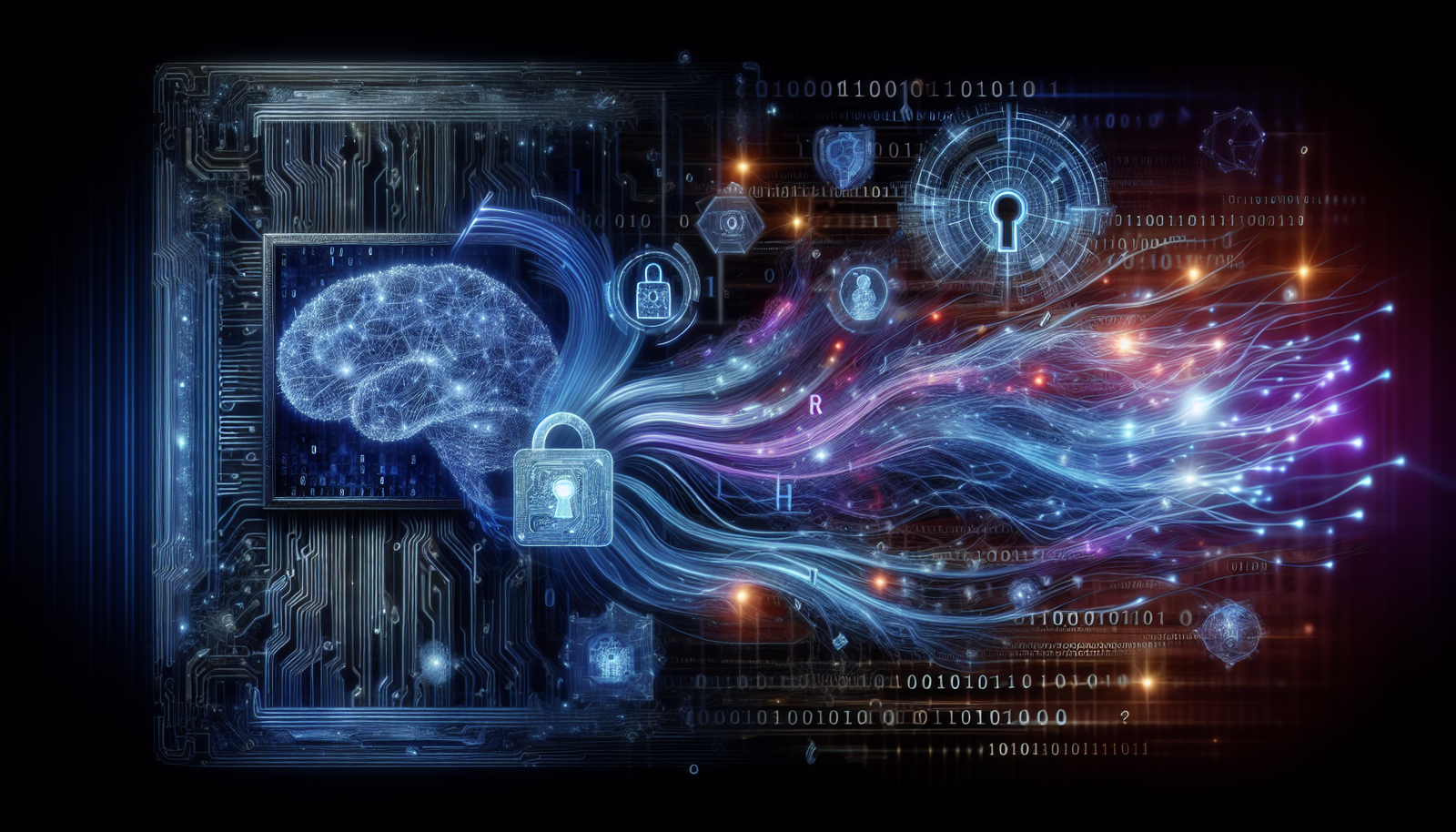Artificial *intelligences* are revolutionizing our digital security by developing unprecedented decryption capabilities. The hacking threats created by these advanced technologies raise major concerns for the protection of personal data. The ability of these AIs to decrypt and guess your passwords in a matter of seconds radically transforms the cybersecurity landscape. In this troubling context, developing defense strategies becomes not only essential but also imperative to protect your sensitive information.
The stakes of cybersecurity in the face of artificial intelligences
The rise of artificial intelligence (AI) is redefining digital security standards. Traditional cybersecurity measures show their limits against sophisticated algorithms capable of decrypting passwords in seconds. These new technologies have become a preferred tool for cybercriminals, making the protection of personal data paramount.
PassGAN: A threat to passwords
PassGAN, an artificial intelligence developed to understand the structure of passwords, undermines solid security. Relying on adversarial generative network techniques, PassGAN mimics real passwords, thereby facilitating their decryption. Results reveal that the AI manages to crack more than 50% of analyzed passwords, exposing an alarming vulnerability for online service users.
Tests and revelations
Tests conducted by cybersecurity specialists demonstrate that PassGAN can breach security systems in less than a minute. This speed raises uncertainties regarding the robustness of current passwords. Studies confirm that common passwords, often weak or predictable, are prime targets for these algorithms.
Preventive measures to adopt
In the face of this threat, several defense strategies must be implemented to counter the advancements of AIs. The creation of passwords with at least 12 characters, including numbers, uppercase and lowercase letters, as well as special characters, is necessary. Users should also use password managers to generate and store complex codes, thereby enhancing their digital security.
Future developments in cybersecurity
Forecasts for the year 2025 and beyond indicate a continuous transformation of protection methods. As AIs become more efficient, the development of innovative security technologies is inevitable. The implementation of predictive systems is part of new approaches aimed at detecting and neutralizing threats before they materialize.
Regulation and data protection
The regulatory framework surrounding personal data must adapt to these technological developments. Europe, for example, is intensifying its efforts to regulate the use of AI and protect digital sovereignty. This framework aims to establish strict security standards, ensuring the protection of data against exploitation by cybercriminals armed with artificial intelligence tools.
The response of businesses
Many companies are mobilizing against these threats by investing in cutting-edge cybersecurity solutions. Start-ups like Knostic provide tailored technologies, raising significant funding to strengthen their market position. Business investments in these tools reflect a growing awareness of the risks associated with AI.
Conclusion on the necessary vigilance
The fight against cybercrime, exacerbated by the increasing use of AI, requires a high degree of vigilance. Raising user awareness about creating robust passwords and adopting cybersecurity practices are essential elements. The challenges in digital security require sustained commitment from individuals and organizations.
Frequently asked questions about artificial intelligences and password security
What is an AI capable of guessing passwords?
An AI capable of guessing passwords uses advanced algorithms to analyze existing password leak data, identifying patterns or common combinations to recreate potentially easy-to-crack passwords.
How do these AIs manage to guess my passwords so quickly?
These artificial intelligences, like PassGAN, are designed to train on large databases of passwords, enabling them to identify recurring patterns and generate hacking attempts in a matter of seconds.
What types of attacks are carried out by these artificial intelligences?
AIs primarily use brute force attacks, dictionary attacks, and exploit password vulnerabilities by scrutinizing acoustic data or employing statistical analysis methods.
How can I protect my passwords against attacks from artificial intelligences?
It is recommended to use passwords with a minimum length of 12 characters, including uppercase and lowercase letters, numbers, and special characters. Additionally, using a password manager helps generate and store these passwords securely.
Can password managers be hacked by AIs?
Although they offer a higher level of security, password managers can be vulnerable if their protection is insufficient. It is important to choose a manager with robust security features and two-factor authentication.
What are the tips for creating a strong password?
A strong password should include at least 12 characters with a random combination of letters, numbers, and special characters. Avoid using easily guessable personal information, such as names or birthdates.
How do cybercriminals use AI to hack passwords?
Cybercriminals exploit AI to automate the hacking process, testing millions of password combinations at an unmatched speed, significantly increasing their chances of success.
What are the risks associated with using weak passwords?
Using weak passwords greatly increases the risk of hacking, as these passwords can be easily guessed by artificial intelligences and the automated techniques employed by cybercriminals.
Is there a solution to mitigate AI risks on passwords?
In addition to creating strong passwords, implementing security solutions like multifactor authentication and monitoring suspicious logins in your accounts can greatly mitigate these risks.
How can I know if my passwords have been compromised?
You can check if your passwords have been compromised by using data breach monitoring services that alert users when sensitive information is exposed in data breaches.






